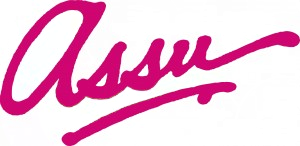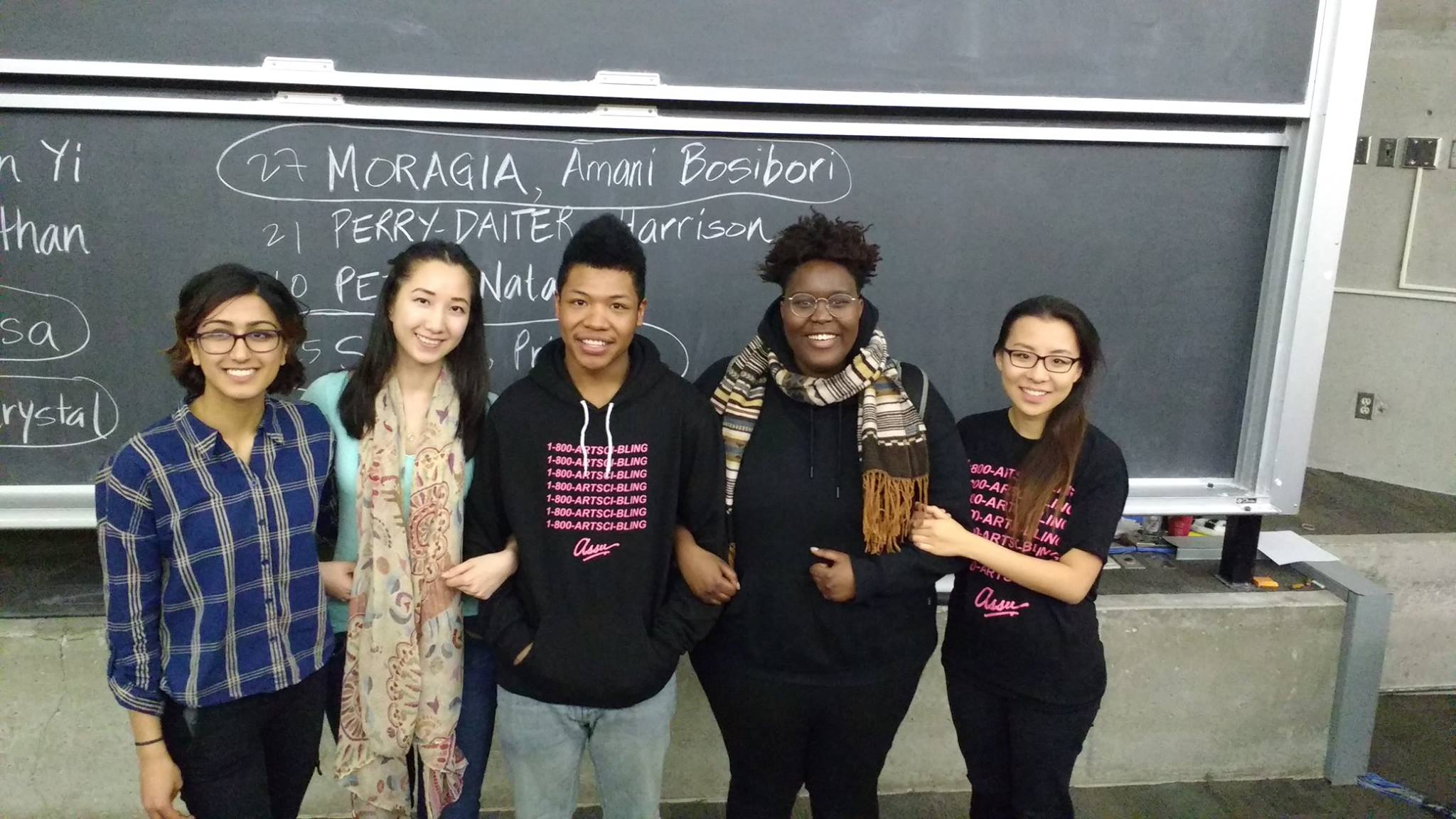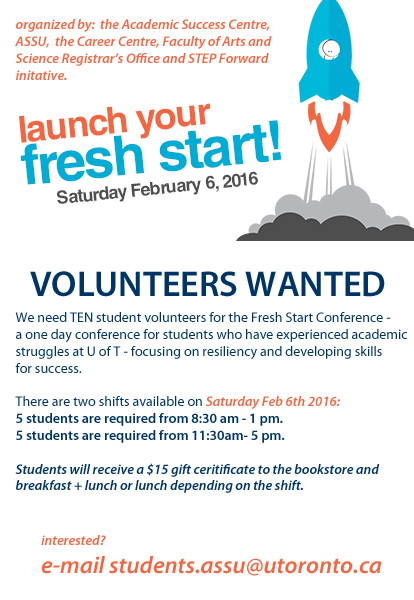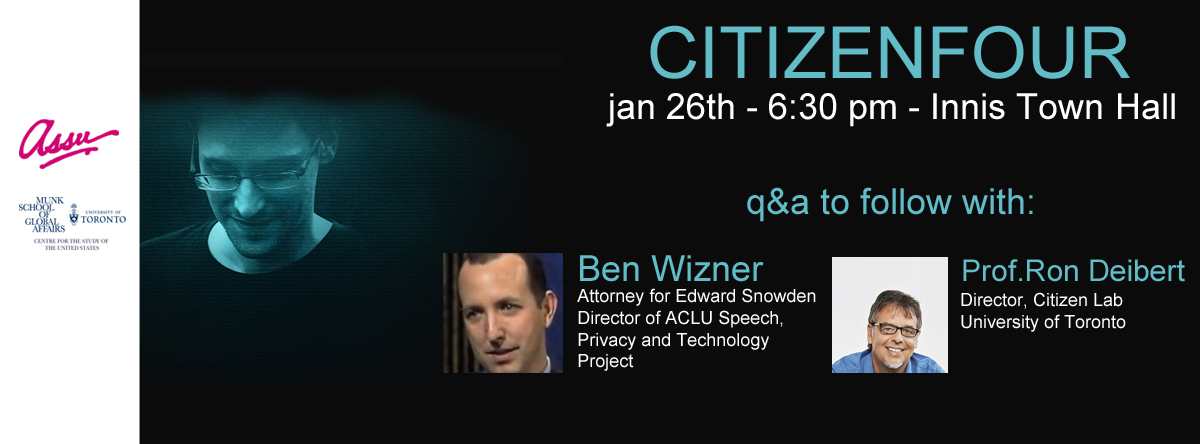Statement in Response to the Attack on Pulse Nightclub in Orlando, Florida
Content warning: violence, death, homophobia, and transphobia
Early Sunday morning, June 12th 2016, a gunman murdered 49 people and injured scores of others at Pulse Nightclub, a gay nightclub in Orlando Florida. This attack was the single deadliest occurrence of violence against LGBTQ people in the history of the United States, the largest shooting, the largest mass shooting committed by a single gunman in United States history, and the deadliest terrorist attack in the United States since September 11th 2001.
The attack occurred during an event that was dedicated to the Latin community, meaning that the victims were predominantly queer people of colour. The targeting of queer people of colour is sadly nothing new. Roughly 80% of anti-LGBTQ hate crimes are committed against people of colour; 60% of all LGBTQ homicide victims are Black, 55% of all LGBTQ homicide victims are trans women, and of those victims, 50% are trans women of colour.
Then, almost before given the time to contemplate the horrific toll of the Orlando attack, our own campus was put under threat by reports of an armed individual on Monday morning. Thankfully, that report turned out to be a false alarm, and after diligent work by both Campus and Metro Toronto Police to ensure it was safe our community was reopened.
Although we evaded a potential tragedy, we cannot forget that these incidents are anything but isolated. The hegemonic ideology that breeds this kind of violence is one that undeniably permeates into our culture. The mechanisms of patriarchal power not only affects women and trans folks, but is also what leads men that are insecure about their lack of (“deserved”) control to manifest their feelings into destruction.
We must continue to work together to build and sustain a community that not only accepts diversity, but celebrates the inherent beauty in different subjectivities. Marginalized folks should be able to celebrate their identities without fear of their lives being stripped away.
Finally, whether the Orlando shooting was premeditated by homophobia, mental illness, religious extremism, protest—or all of the above– what allowed the perpetrator to kill so many individuals at once was his gun.
No individual, regardless of race, gender, or sexual orientation, should have access to that kind of destructive power. Not on campus, not at a club, not in a workplace, not anywhere.
We, the Arts and Science Students’ Union, will always stand in solidarity with queer people of colour and those affected by gun violence, and we send our love and heartfelt condolences to the family and friends of the victims that lost their lives in this senseless act of terror.
Stanley Almodovar III, 23 years old
Amanda Alvear, 25 years old
Oscar A Aracena-Montero, 26 years old
Rodolfo Ayala-Ayala, 33 years old
Antonio Davon Brown, 29 years old
Darryl Roman Burt II, 29 years old
Angel L. Candelario-Padro, 28 years old
Juan Chevez-Martinez, 25 years old
Luis Daniel Conde, 39 years old
Cory James Connell, 21 years old
Tevin Eugene Crosby, 25 years old
Deonka Deidra Drayton, 32 years old
Simon Adrian Carrillo Fernandez, 31 years old
Leroy Valentin Fernandez, 25 years old
Mercedez Marisol Flores, 26 years old
Peter O. Gonzalez-Cruz, 22 years old
Juan Ramon Guerrero, 22 years old
Paul Terrell Henry, 41 years old
Frank Hernandez, 27 years old
Miguel Angel Honorato, 30 years old
Javier Jorge-Reyes, 40 years old
Jason Benjamin Josaphat, 19 years old
Eddie Jamoldroy Justice, 30 years old
Anthony Luis Laureanodisla, 25 years old
Christopher Andrew Leinonen, 32 years old
Alejandro Barrios Martinez, 21 years old
Brenda Lee Marquez McCool, 49 years old
Gilberto Ramon Silva Menendez, 25 years old
Kimberly Morris, 37 years old
Akyra Monet Murray, 18 years old
Luis Omar Ocasio-Capo, 20 years old
Geraldo A. Ortiz-Jimenez, 25 years old
Eric Ivan Ortiz-Rivera, 36 years old
Joel Rayon Paniagua, 32 years old
Jean Carlos Mendez Perez, 35 years old
Enrique L. Rios, Jr., 25 years old
Jean C. Nives Rodriguez, 27 years old
Xavier Emmanuel Serrano Rosado, 35 years old
Christopher Joseph Sanfeliz, 24 years old
Yilmary Rodriguez Solivan, 24 years old
Edward Sotomayor Jr., 34 years old
Shane Evan Tomlinson, 33 years old
Martin Benitez Torres, 33 years old
Jonathan Antonio Camuy Vega, 24 years old
Juan P. Rivera Velazquez, 37 years old
Luis S. Vielma, 22 years old
Franky Jimmy Dejesus Velazquez, 50 years old
Luis Daniel Wilson-Leon, 37 years old
Jerald Arthur Wright, 31 years old
Rest in Power.




